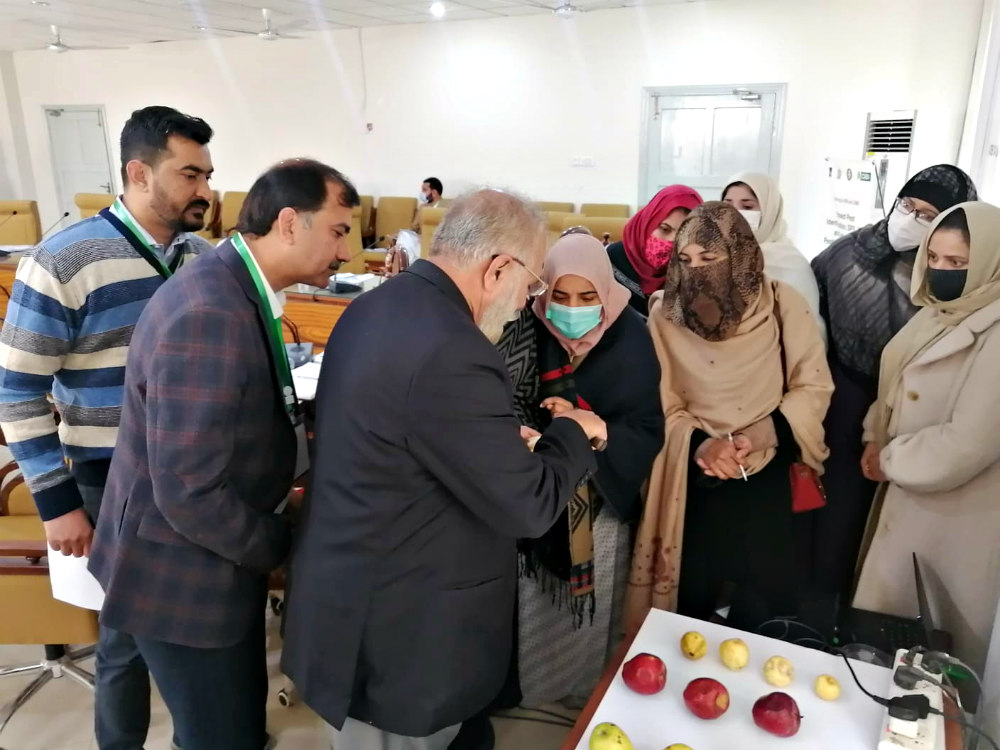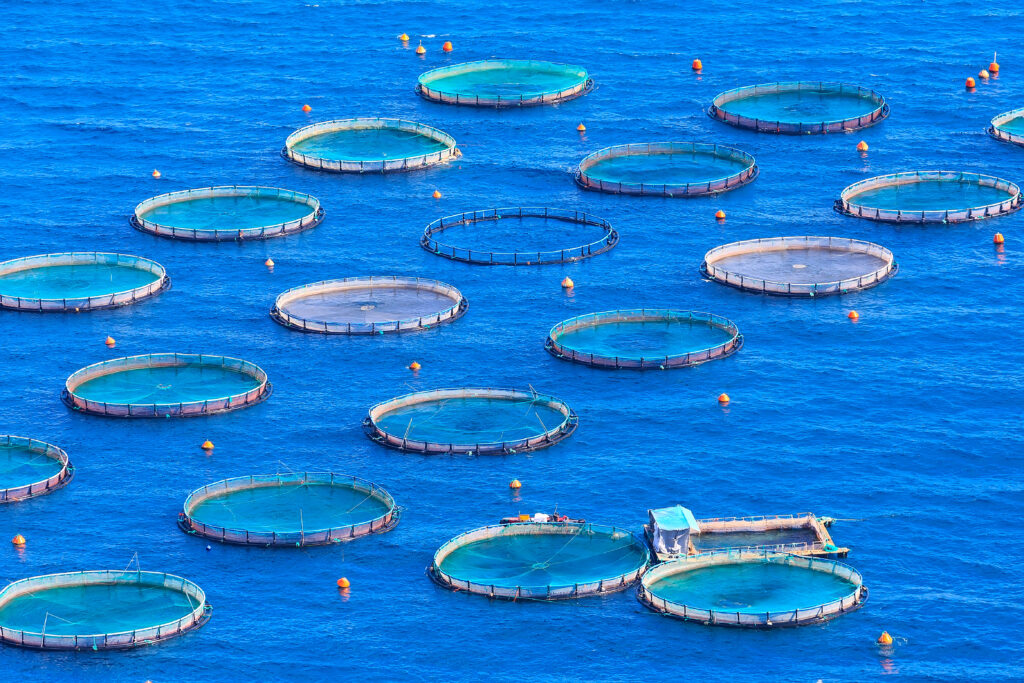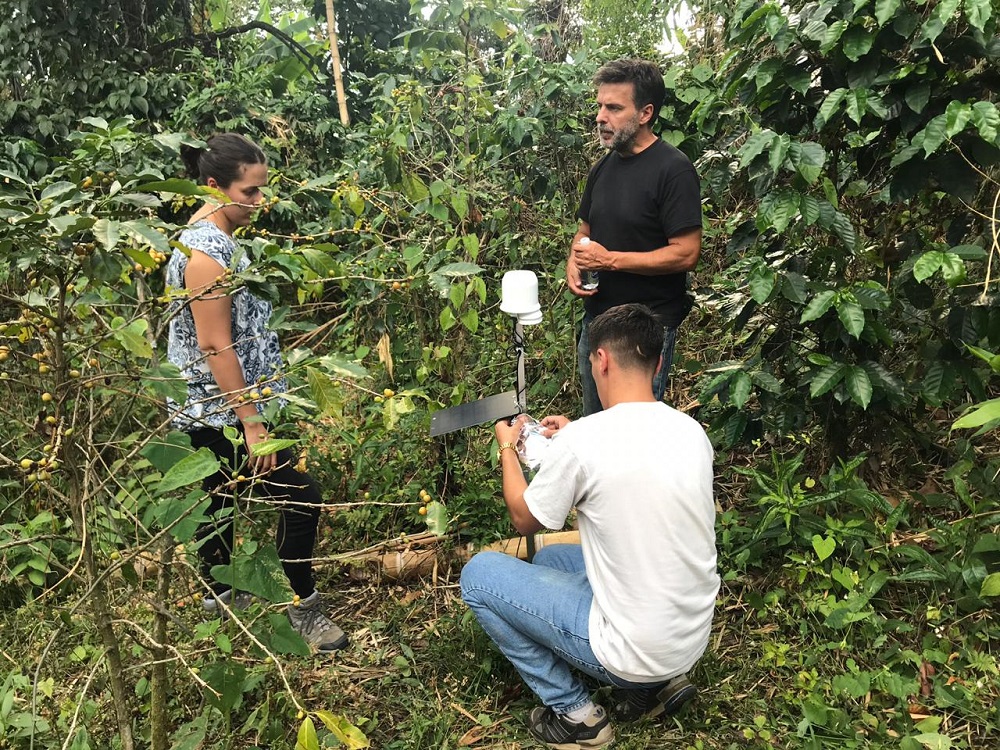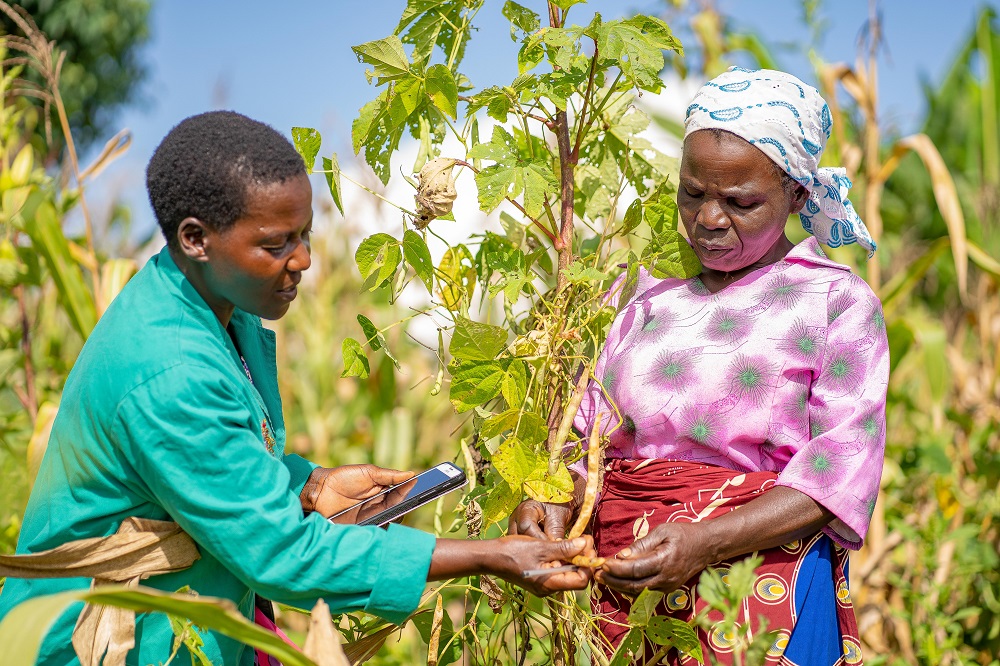CABI Blog
Category: Climate change and biodiversity
You are here: CABI Blog
New documentary charts restoration of Redonda Island from ‘lunar landscape’ to ecological tropical paradise
November 15, 2022
Wayne Coles
No Comments
A new documentary produced by the Environmental Awareness Group (EAG) in Antigua and Barbuda has charted its restoration of the country’s Redonda Island from that resembling a ‘lunar landscape’ to an ecological tropical paradise.
CABI partners in training to help ensure Pakistan’s food security amid challenges of climate change
August 10, 2022
Kazam Ali
No Comments
Pakistan, according to a report published by the Asian Development Bank (ADB) and World Bank, is one of the world’s countries most at risk from the impacts of climate change with temperatures potentially rising considerably above the global average.
Newly launched searchRxiv builds search community to foster easier, quicker research
December 17, 2021
Rachel Winks
No Comments
This week, CABI launched searchRxiv (pronounced ‘search archive’), our new open-access platform. We created the website to help researchers report, store and share their searches consistently. This helps with the review and re-use of existing searches, making research quicker and easier. searchRxiv is open to everyone. It’s free for researchers to post, comment, download and…
Climate change and fish
December 1, 2021
Patrick TK Woo
No Comments
Fish protein is an excellent alternative to land-based meat, and the impacts of climate change can be mitigated in cage culture of finfish.
Invasive Species Management – a nature-based solution for climate and environment
November 11, 2021
Jonathan Casey
No Comments
The UK is hosting the 26th UN Climate Change Conference of the Parties (COP26) in Glasgow from 31 October to 12 November 2021. This is the final article in a series of four blogs by Jonathan Casey, Climate Change Manager at CABI, in support of CABI’s involvement at the event.
Climate-smart pest management for nature-positive agriculture
November 8, 2021
Jonathan Casey
No Comments
The UK is hosting the 26th UN Climate Change Conference of the Parties (COP26) in Glasgow from 31 October to 12 November 2021. This is the third in a series of four blogs by Jonathan Casey, Climate Change Manager at CABI, in support of CABI’s involvement at the event.
Pest risk early warning systems in a changing climate
November 3, 2021
Jonathan Casey
1 comment
The UK is hosting the 26th UN Climate Change Conference of the Parties (COP26) in Glasgow from 31 October to 12 November 2021. This is the second in a series of four blogs by Jonathan Casey, Climate Change Manager at CABI, in support of CABI’s involvement at the event.
Invasive species management – a policy tool for integrated climate adaptation
November 1, 2021
Jonathan Casey
No Comments
The UK is hosting the 26th UN Climate Change Conference of the Parties (COP26) in Glasgow from 31 October to 12 November 2021. This is the first in a series of four blogs by Jonathan Casey, Climate Change Manager at CABI, in support of CABI’s involvement at the event.
Review highlights Uganda’s neglected crops and climate change challenges
October 25, 2021
Wayne Coles
No Comments
A new CABI-led review has been published which highlights the importance of restoring Uganda’s neglected crops to market as well as the need for increased crop diversification amid food security issues exacerbated by the risks of climate change.
Digital climate advisory services – an investment case for equity
August 5, 2021
Jonathan Casey
No Comments
The need for climate adaptation Smallholder farmers are facing increasing impacts from droughts, floods, heatwaves and wildfires, as well as crop pests and diseases, being driven by climate change. And these issues are only projected to get worse as our world warms over the coming years. Smallholders are the backbone of our global food supply.…
Subscribe to blog
DISCLAIMER
Views expressed in contributions do not necessarily reflect official CABI positions.
Archives
Categories
- Agriculture and International Development
- Veterinary and Animal Sciences
- Climate change and biodiversity
- Publishing
- Value chains and trade
- Crop health
- Environmental Sciences
- Human Sciences
- Tourism, Hospitality and Leisure
- Food and nutrition security
- Plant Sciences
- Gender and youth
- Digital development
- Development communication and extension
- Economic development
- Invasive species
- CABI Bioservices
- One Health











